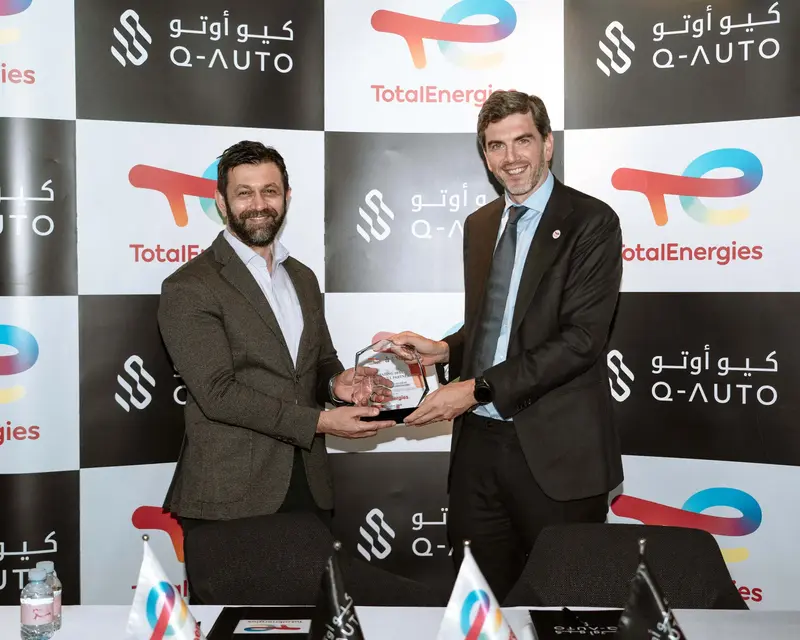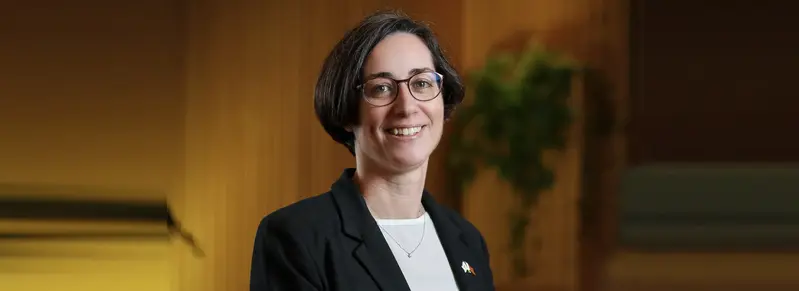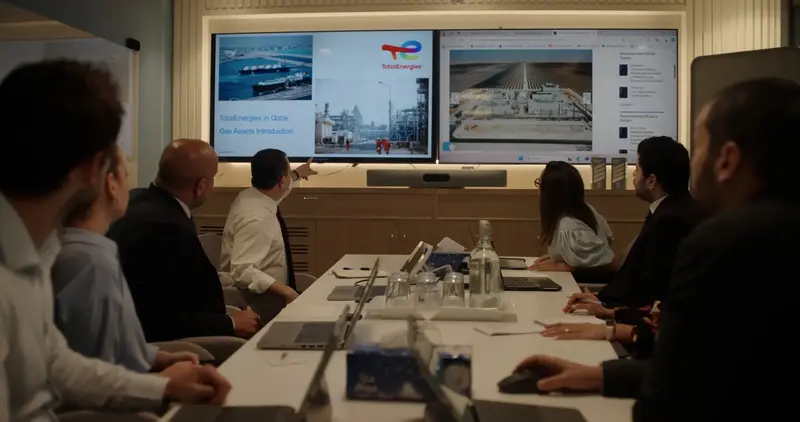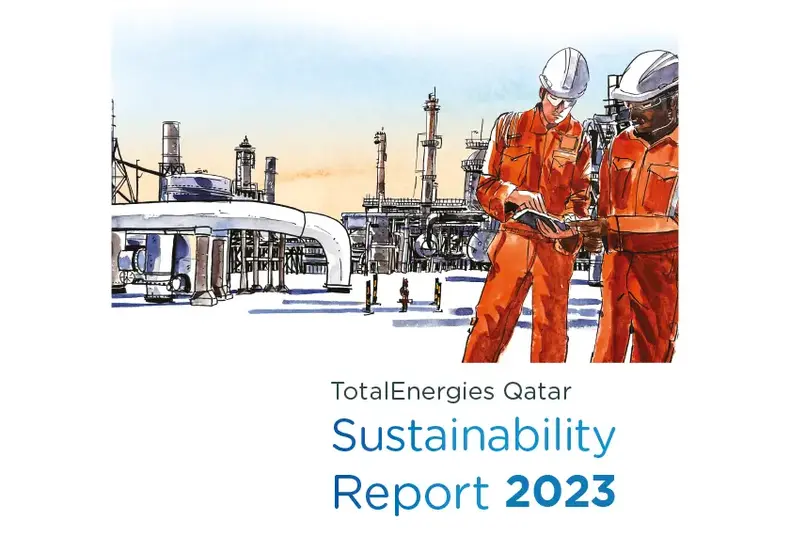.
Key Figures
of continuous presence in Qatar
cumulative barrels of oil produced at Al Khalij Field as of end of January 2025
barrels per day (BPD) of oil produced at Al Shaheen field
* BPD = barrels per day
.
About TotalEnergies in Qatar
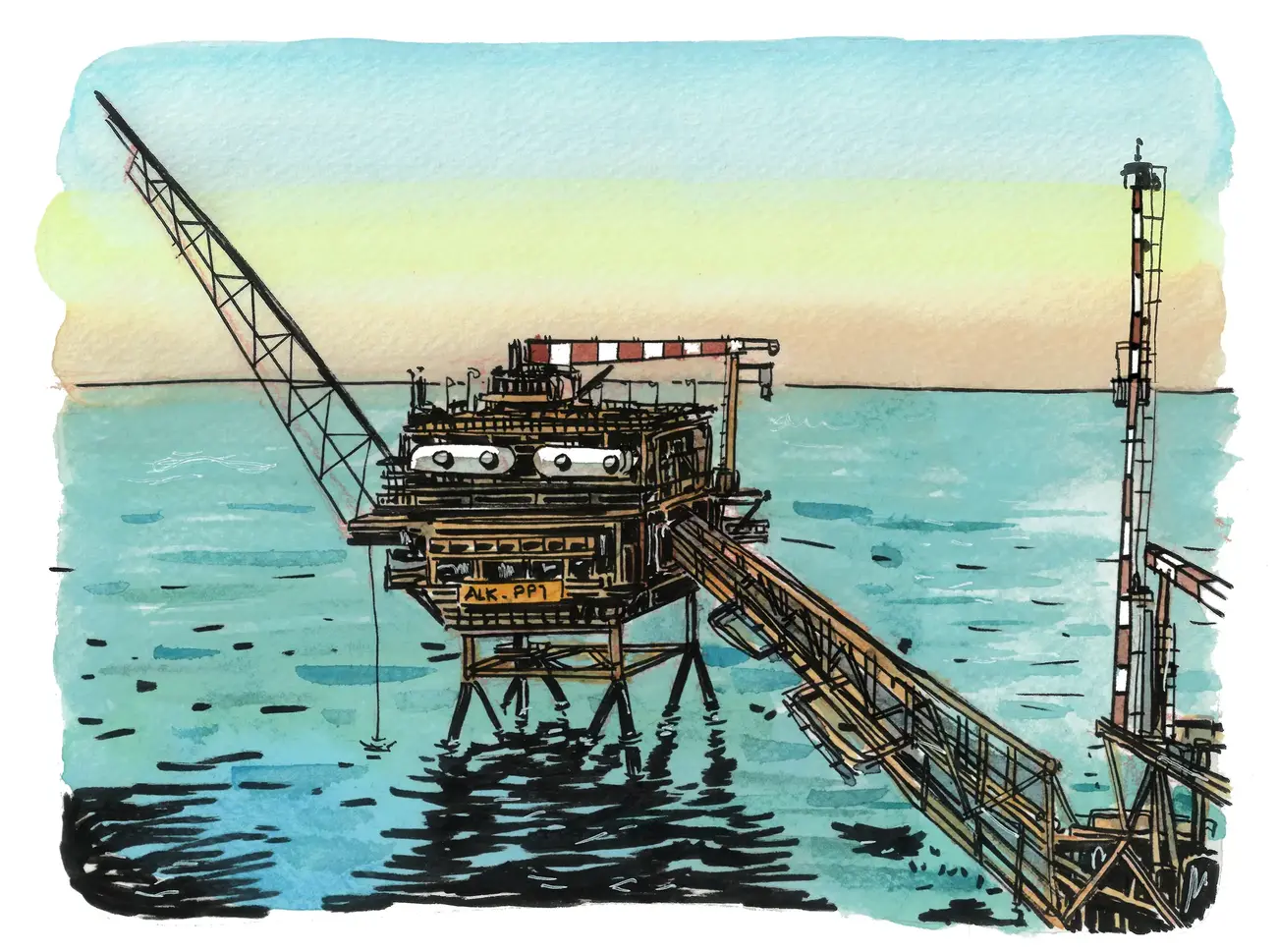
About TotalEnergies in Qatar
TotalEnergies has been present in Qatar since 1935, and is active in exploration and production, refining and petrochemicals, marketing of lubricants, and renewable energies.
TotalEnergies is a participant and the operator of Al Khalij offshore oilfield which it discovered in 1991, and holds a significant stake in the concession covering the major Al Shaheen offshore oilfield operated by North Oil Company.
TotalEnergies is also one of the founding partners of QatarEnergy LNG (formerly Qatargas) and Dolphin Energy and holds a 16.7% and 24.5% interest in QatarEnergy LNG N(2) (formerly Qatargas 2) Train 5 and Dolphin Energy, respectively. In 2022, TotalEnergies became QatarEnergy’s first partner in the giant North Field East (32 million tonnes per annum or MTPA) and North Field South (16 MTPA) LNG projects, with 6.25% and 9.375% participating interest, respectively.
The Company is also present in four world-class refining and petrochemicals ventures: QAPCO, Qatofin, RLOC and Laffan Refineries. It is also a prominent partner in the Al Kharsaah Solar PV IPP Project, a 800 megawatt-peak (MWp) solar plant inaugurated in October 2022.
Press Releases & News
.
Our Publications & Reports
.
Information on Fraud Risk
Stay Vigilant
Several incidents involving organizations and individuals fraudulently claiming to recruit on behalf of TotalEnergies have recently been identified.
The scammers' goal is to extort money from candidates by asking for payment upfront for fake ancillary costs (travel agency, visa fees etc.) or to obtain personal and financial information (bank account details, personal address, etc.).
Please be advised that TotalEnergies, its subsidiaries or any organization working on behalf of the Company for recruitment purposes will never request payment nor will it ask for financial information during the recruitment and selection process.
Please find below some prevention tips that you should keep in mind:
- Do not make any payments.
- Consult and apply for job opportunities on our dedicated recruitment website: www.careers.totalenergies.com.
- Do not disclose personal or financial information to an unknown party.
- Do not respond to unsolicited or suspicious job offers.
